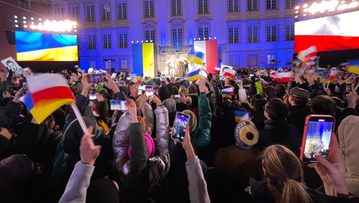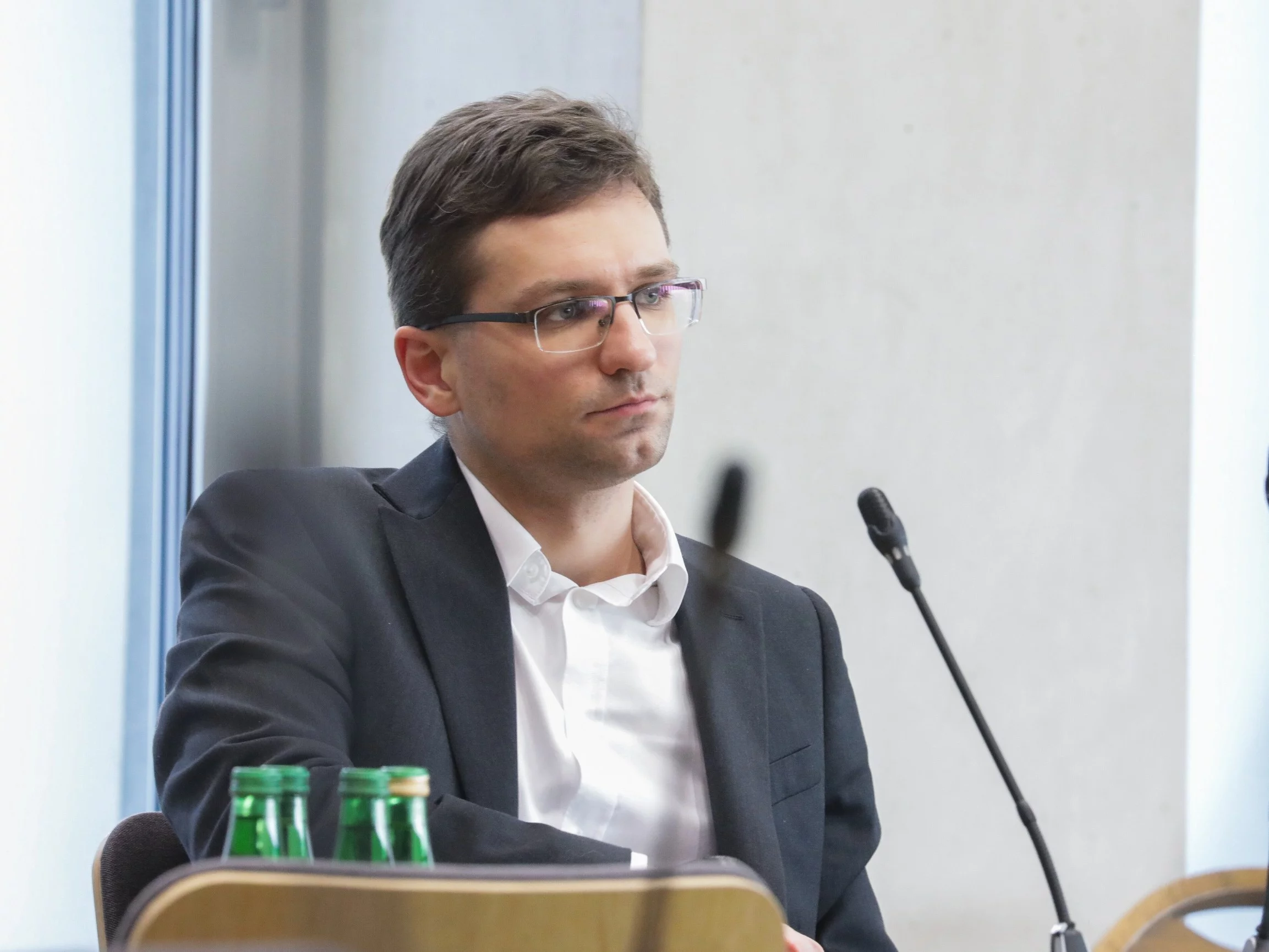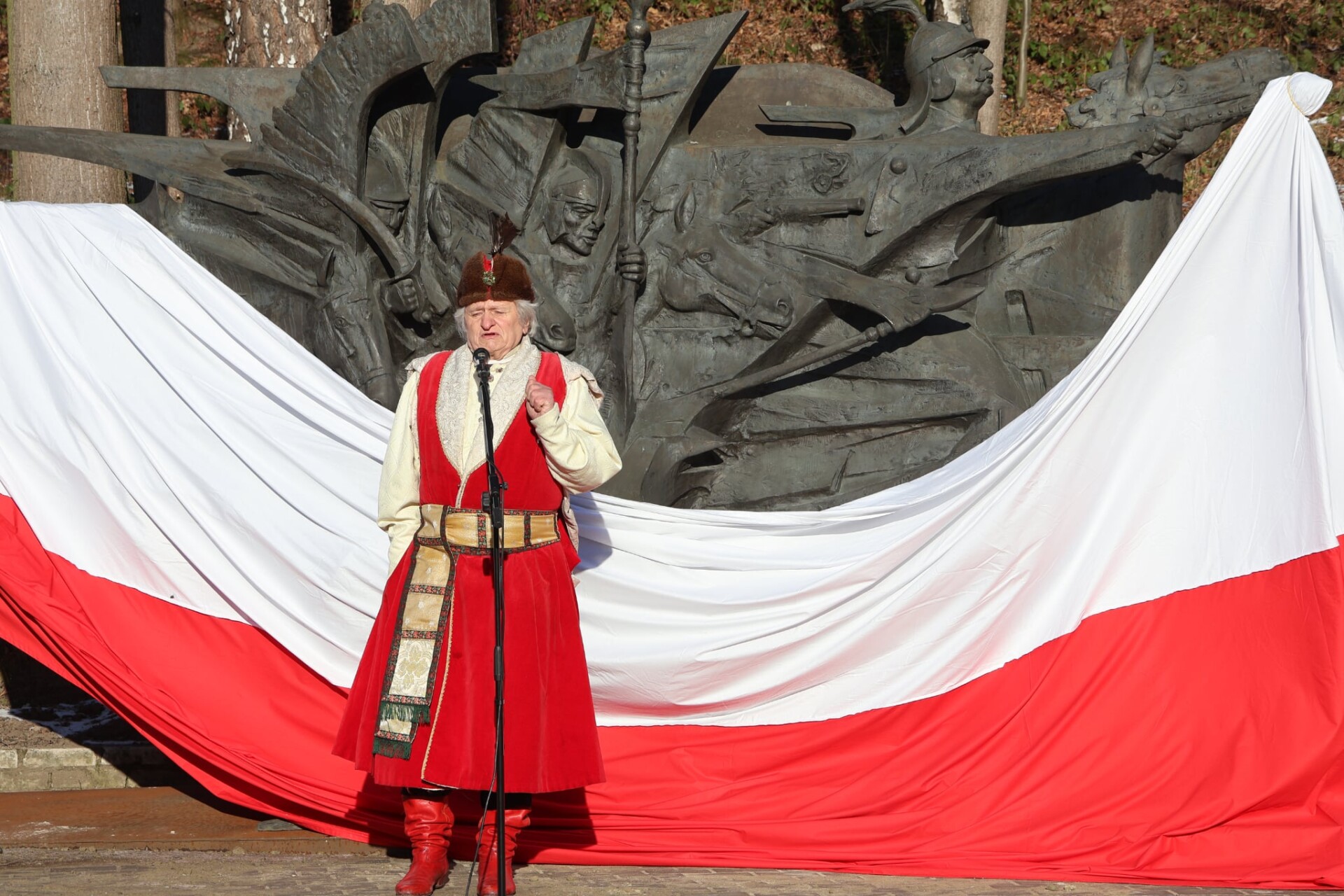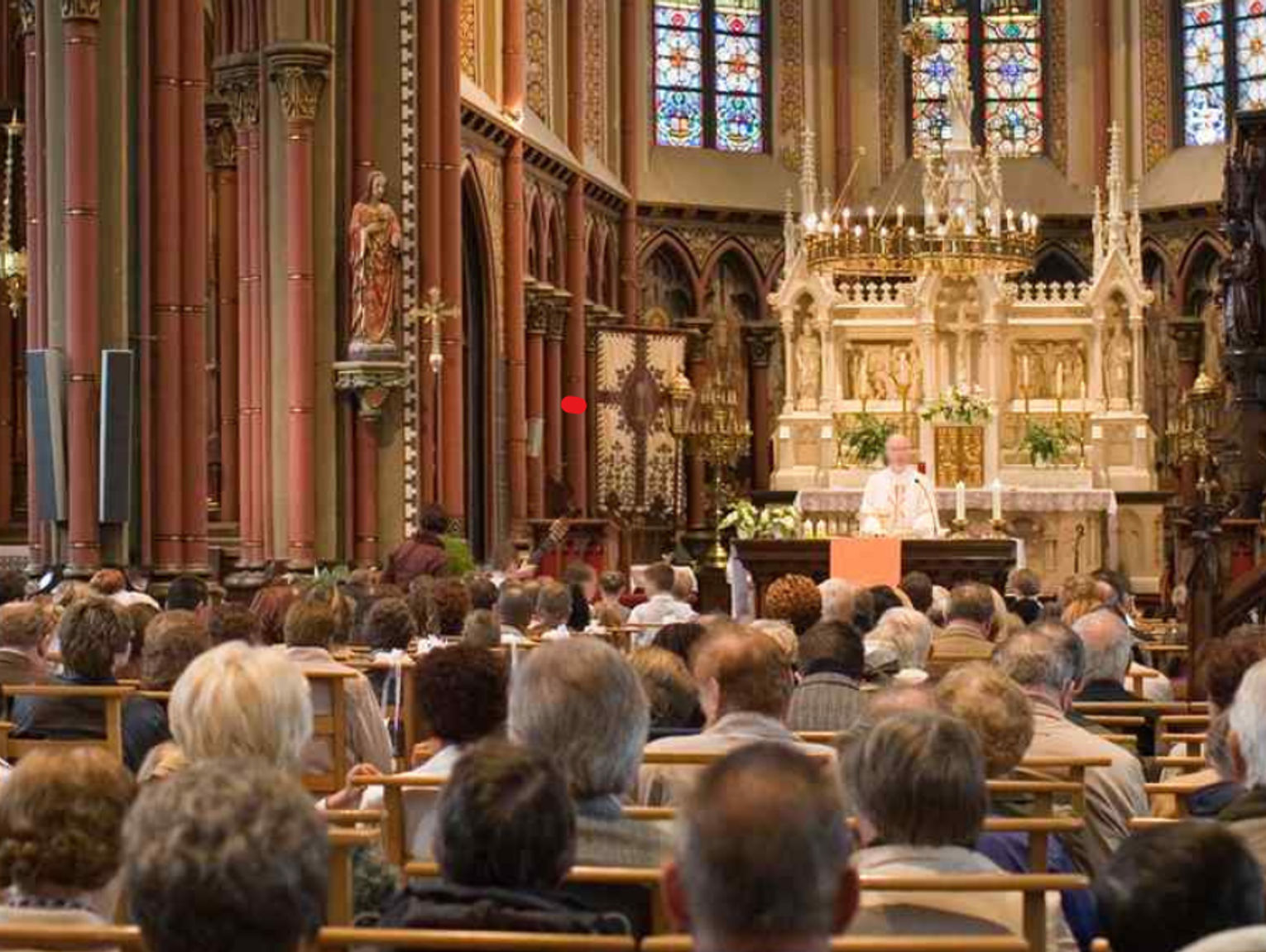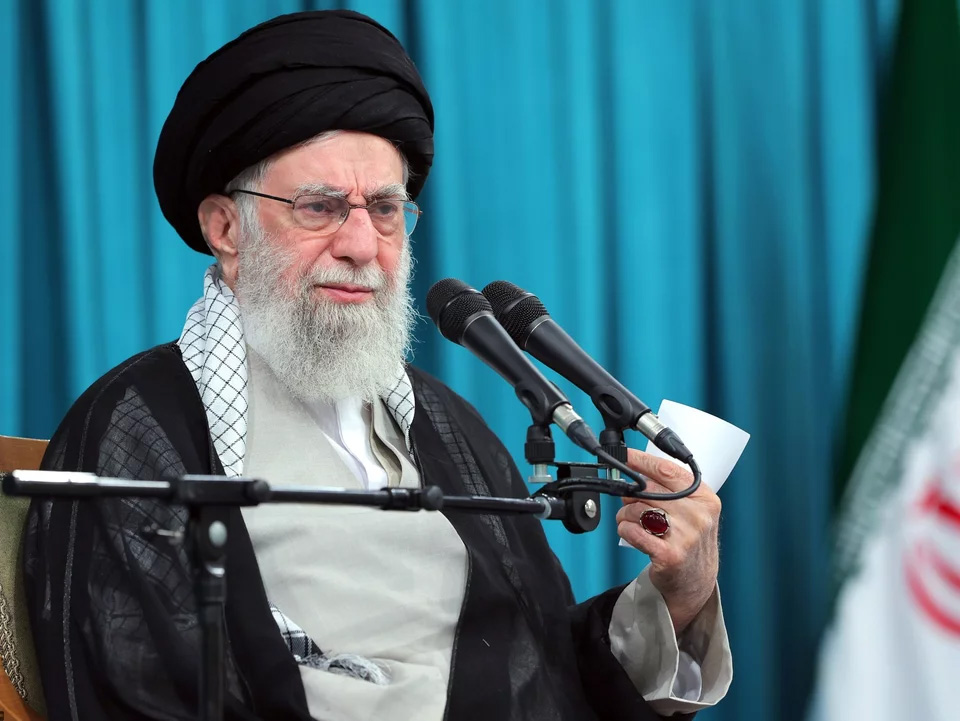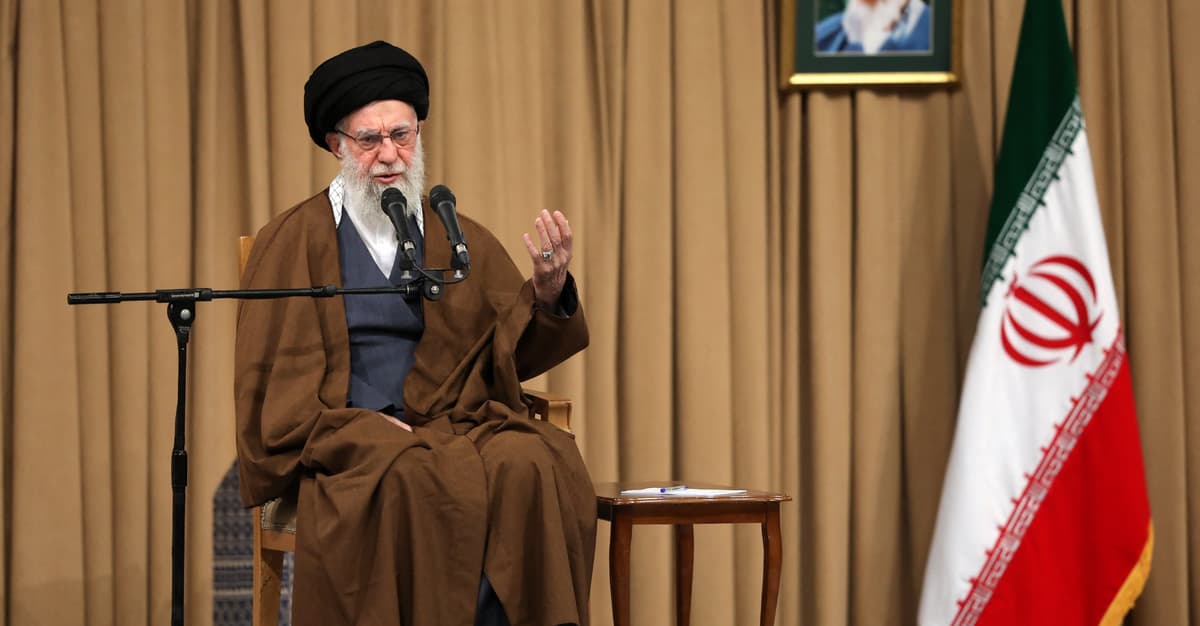The Global Keratoconus School is growing rapidly. It was initiated by Dr. Ashraf Armia, the national consultant in ophthalmic surgery in Egypt and a prominent specialist in the treatment of ocular surface diseases. Thanks to the global recognition of the achievements of the creator of this idea, there is growing interest in this initiative around the world. More centers from Europe, America , Asia and Africa are being included in the Global Keratoconus School. Ophthalmic clinics from Poland, Italy, India, the United States, France, Morocco, Turkey, Argentina, Spain, Germany, the United Kingdom and Uzbekistan have joined.
The leading general ophthalmology clinic in Poland and the world at the Medical University of Lublin is one of the first centers included in the Global Keratoconus School. Prof. Robert Rejdak, head of the Lublin clinic, was offered participation in its creation by the initiator of this project, Dr. Ashraf Armia, national consultant in ophthalmic surgery in Egypt. He appreciated the remarkable effectiveness and innovation of the methods used in the treatment of corneal cone at the Lublin center, which is the only one in the European Union to belong to a rapidly growing global network.
Dr. Ashraf Armia a prominent specialist in ophthalmology, has played a key role in educating and training ophthalmologists around the world in the latest techniques and technologies for treating the condition. University clinics from the UK, France, Italy and Argentina, among others, will soon join the Global Keratoconus School. There are plans to expand this activity in more countries as well.
– I appreciate the scientific achievements of Prof. Robert Rejdak, an outstanding Polish ophthalmologist, whose achievements in the field of ophthalmology, are impressive and internationally respected, says Dr. Ashraf Armia. – His achievements in developing new surgical techniques used in ophthalmology are pioneering. They have contributed to improving the outcome of many eye diseases, such as retinal detachment, diabetic retinopathy and other retinal conditions. We had the opportunity to discuss this at the end of May during the congress of the Moroccan Society of Practical Ophthalmology in Casablanca.
Professor Rejdak regularly participates in international conferences and symposia, presenting his latest scientific achievements there. I am delighted that together we can create the Global Keratoconus School, continues Dr. Ashraf Armia, consultant in ophthalmic surgery in Egypt and a member of many international ophthalmic organizations.
In Lublin, research is being conducted into new methods of diagnosing and treating the disease. As a result, patients have access to state-of-the-art treatment methods. – We are very keen to raise awareness of screening for this condition and to educate all surgeons who are just entering the professional path. I am looking forward to our scientific and research collaboration with Professor Robert Rejdak. I will have the great pleasure of meeting with the head of the Lublin clinic and all the experts invited by the professor during the November ophthalmology congress in Warsaw. At that time, we will discuss details related to the further development of the Global Keratoconus School. I would like to thank Professor Rejdak very much for the cooperation he has undertaken with us.
In different parts of the world, there are medical centers and specialists who apply modern techniques and technologies in the treatment of corneal cone. What is lacking, however, is a digital registry of patients that would facilitate quick and effective identification of people with this condition. This disease occurs in children and adolescents. It often poses a serious diagnostic problem for ophthalmologists. Especially its initial stages, which are very insidious.
– Diagnosed early, the disease can be stopped, but doctors do not always manage to detect it quickly, explains Prof. Robert Rejdak, head of the Department of General Ophthalmology and pro-rector of the Lublin Medical University. – Untreated, it leads to blindness. Therefore, we want to offer these patients full diagnostics and provide effective forms of treatment by putting them on a digital registry. They will then have contact with the center, so that they can return there from time to time for check-ups, because often patients appear and then disappear and no one supervises them.
The first European Digital Registry of such patients will be established in Lublin, as the region has a modern ICT infrastructure that makes such a project possible. A year ago, a project called the Lublin Digital Union was initiated, which includes the latest diagnosis of corneal cone, using advanced digital technologies.
– We work in an interdisciplinary team with the participation of ophthalmologists and computer scientists from the Lublin University of Technology,” informs Prof. Robert Rejdak. -We use the most advanced solutions in the field, and we also have the latest diagnostic equipment for conducting cross-linking procedures, i.e. cross-linking the cornea and irradiating it. This slows or stops the progression of corneal cone. We are also involved in corneal transplants. Our work has been recognized by Prof. Ashraf Armia and the Lublin center has been inducted into the Global Keratoconus School.
The diagnosis of corneal cone carried out within the framework of the Lublin Digital Union arouses great interest and admiration for the effectiveness of this solution throughout Europe. Many ophthalmologists are also looking forward to the training planned in this area and the introduction of the European Digital Registry as part of the global network for the treatment of this insidious disease.
– We want to spread the Polish model of corneal cone treatment as a target solution for the whole world,” concludes the head of the Lublin clinic. – Dr. Ashraf Armia is an outstanding specialist in this field, but we in Lublin also have a great track record, digital tools and excellent equipment to do it, and it is considered the highest world standard. At the November convention in Warsaw, Dr. Ashraf Armia will present the operation project of the Global Keratoconus School and the directions of its development, and we will conduct intensive training in the diagnosis and treatment of this disease.
The school will also support ophthalmologists and patients in Ukraine during this very difficult period. The significant role of the Lublin center in providing medical aid and ophthalmic equipment to Ukraine fighting the barbaric Soviet invaders is emphasized with great appreciation everywhere.
Jolanta Czudak


